News

Shittu Explains How AI Can Drive Informed Decisions on Energy Use and Sustainability
In a new video, GW’s Ekundayo Shittu discusses applications of AI used in systems engineering and the energy sector.

How Images Reflect AI’s Dark ‘Spiral’
UMD’s Cody Buntain shows how generative AI outputs can skew negative, even after positive prompting.

TRAILSCon 2025 Examined Trustworthy AI at Work
Experts in industry, policy and academia convened at a two-day conference hosted by TRAILS in February at the George Washington University.
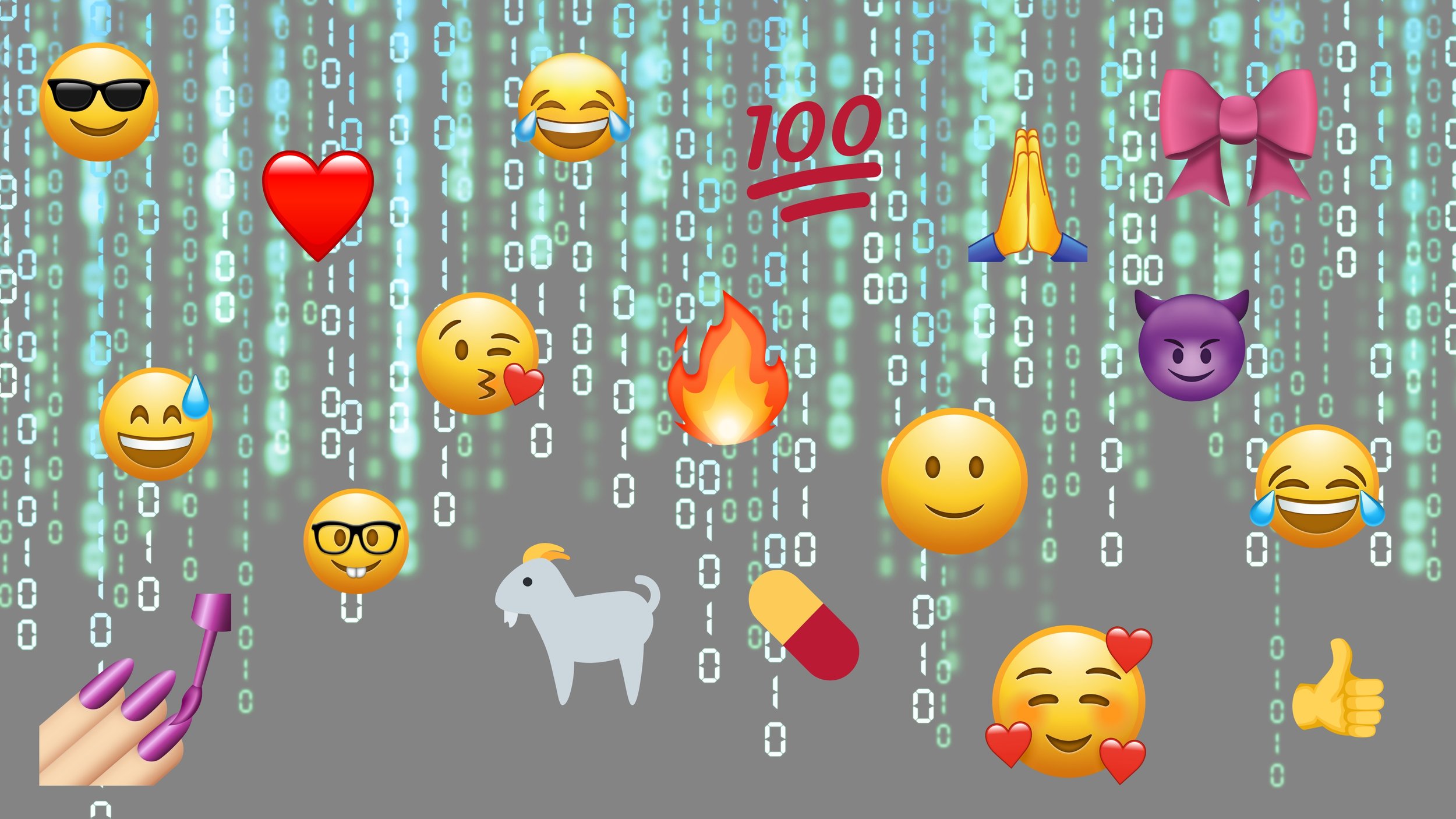
Decoding Emojis with Artificial Intelligence
UMD’s Wei Ai is testing AI’s ability to interpret emojis in various scenarios and languages, with the goal of improving their use in machine learning and natural language processing models.

Harnessing Market Forces: UMD Team Incentivizes AI Companies to Prioritize Safety
UMD’s Furong Huang has developed the first auction-based AI regulation system that encourages companies to compete on safety compliance instead of capability.

UMD Researchers Build AI Database to Improve Math Learning Outcomes
Supported by a $4.5 million grant from philanthropic organizations, Jing Liu and Wei Ai are creating an open-source, high-quality dataset of classroom recordings that can be used to accelerate AI-driven outcomes for K–12 math education.
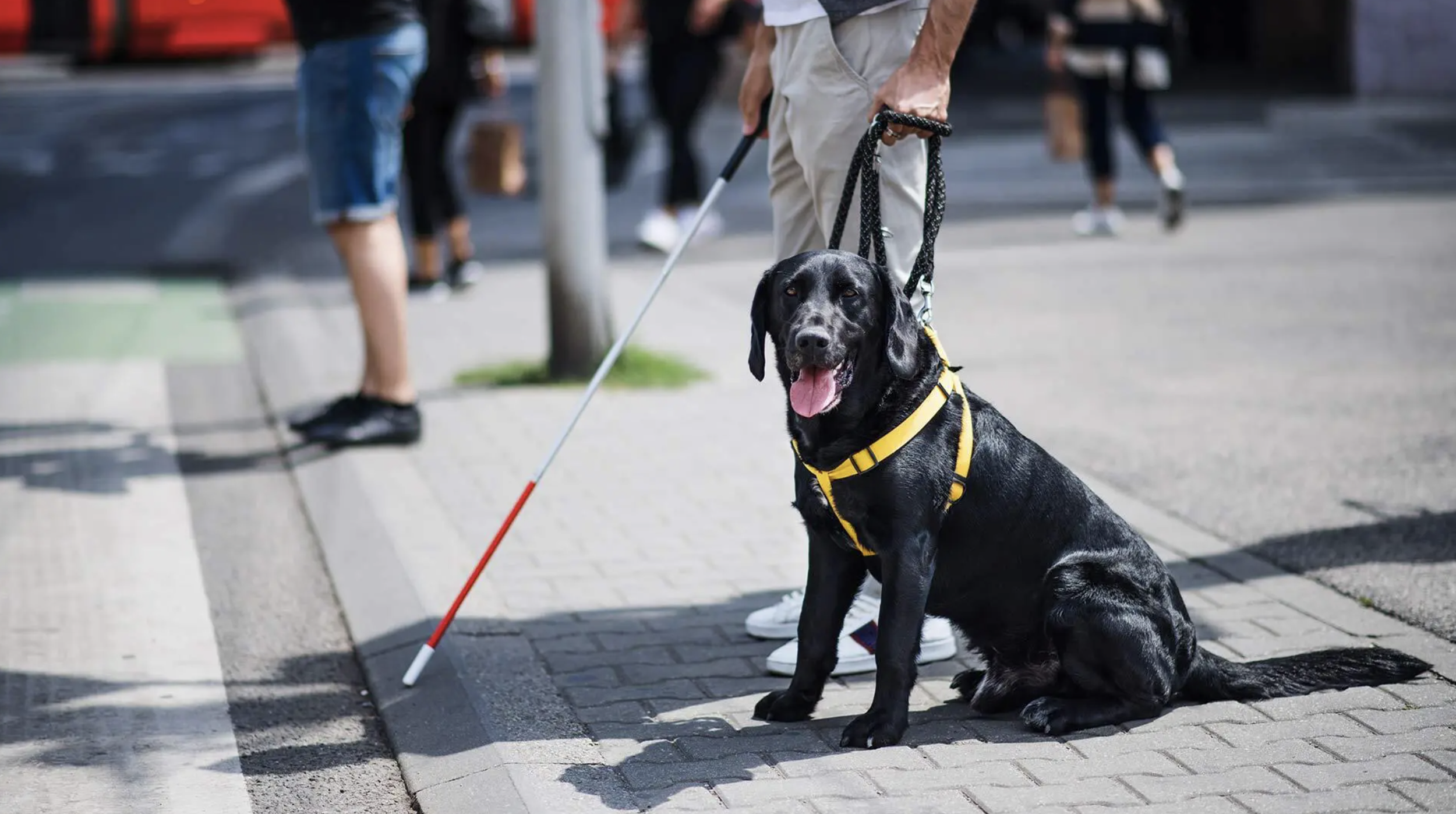
Autonomous Cars Don’t Understand How Blind People Move Around. A UMD Research Team Is Trying to Boost Safety.
Hernisa Kacorri is developing a dataset with real-world 3D motion-capture data and detailed descriptions that accurately capture what blind individuals encounter in an urban setting.

UMD Researchers Organize NeurIPS Competition to Improve AI Watermarks
UMD's Furong Huang and Tom Goldstein led an international AI watermark-removal competition to test the resilience of watermarking techniques for identifying AI-generated images.
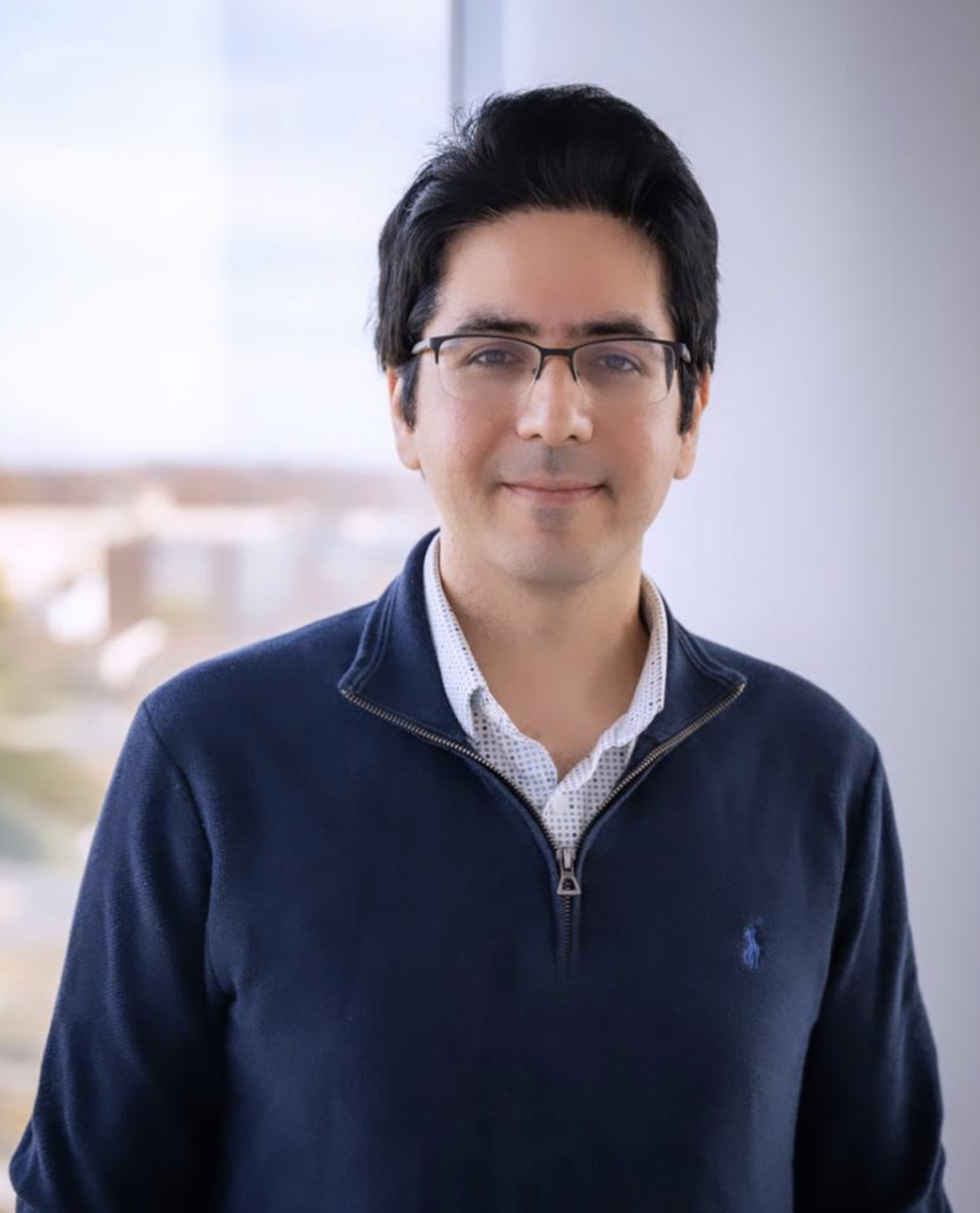
Feizi Receives Presidential Early Career Award for Scientists and Engineers
UMD's Soheil Feizi has been honored with the Presidential Early Career Award for Scientists and Engineers, the U.S. government's highest recognition for outstanding scientists and engineers early in their careers.
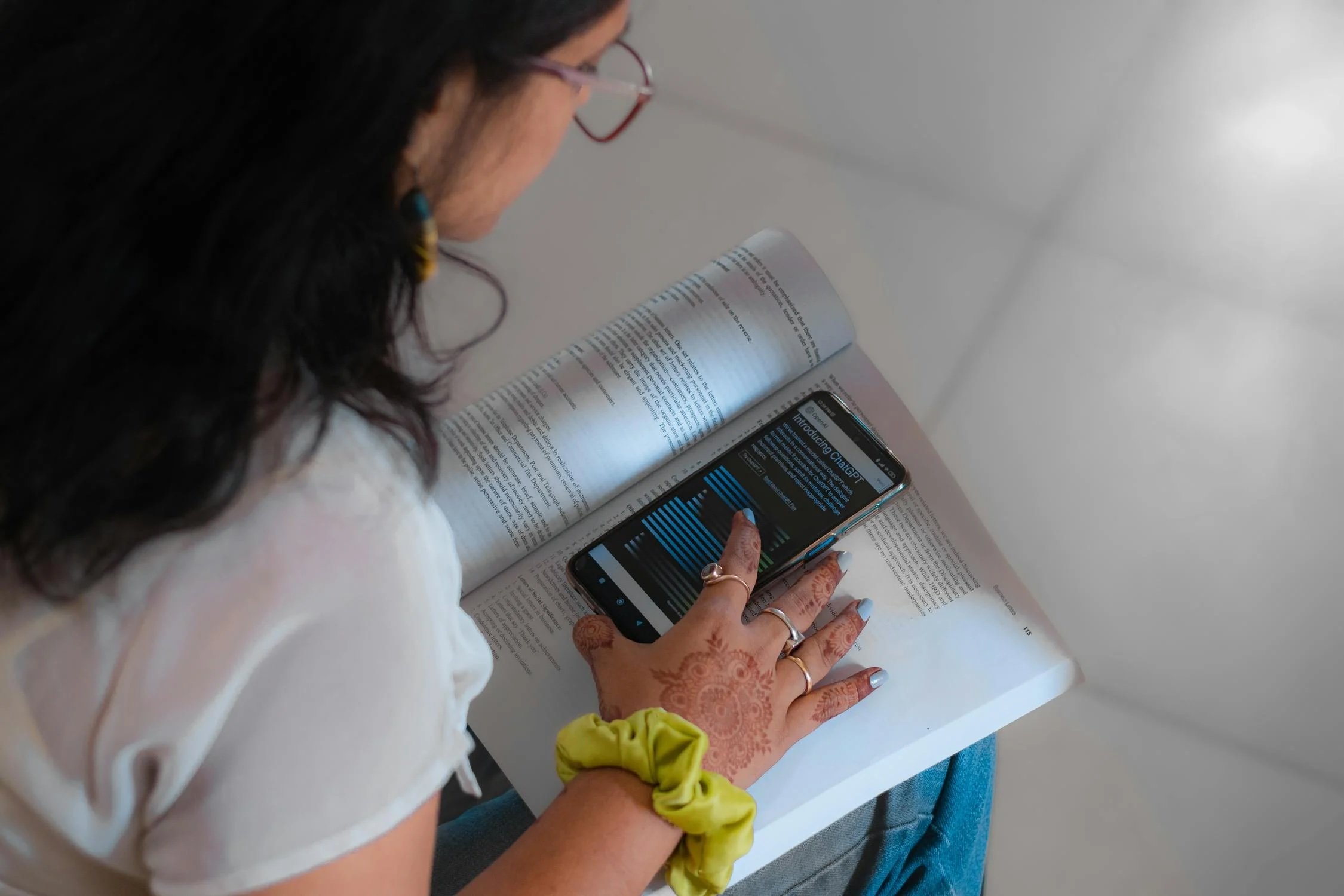
College Students Struggle To Balance AI Use With Academic Integrity Policies Set By Universities
MSU’s Virginia Byrne told the University Herald that she encourages students to evaluate AI's strengths and weaknesses, promoting ethical practices and trust as colleges navigate the integration of AI into education and career readiness.
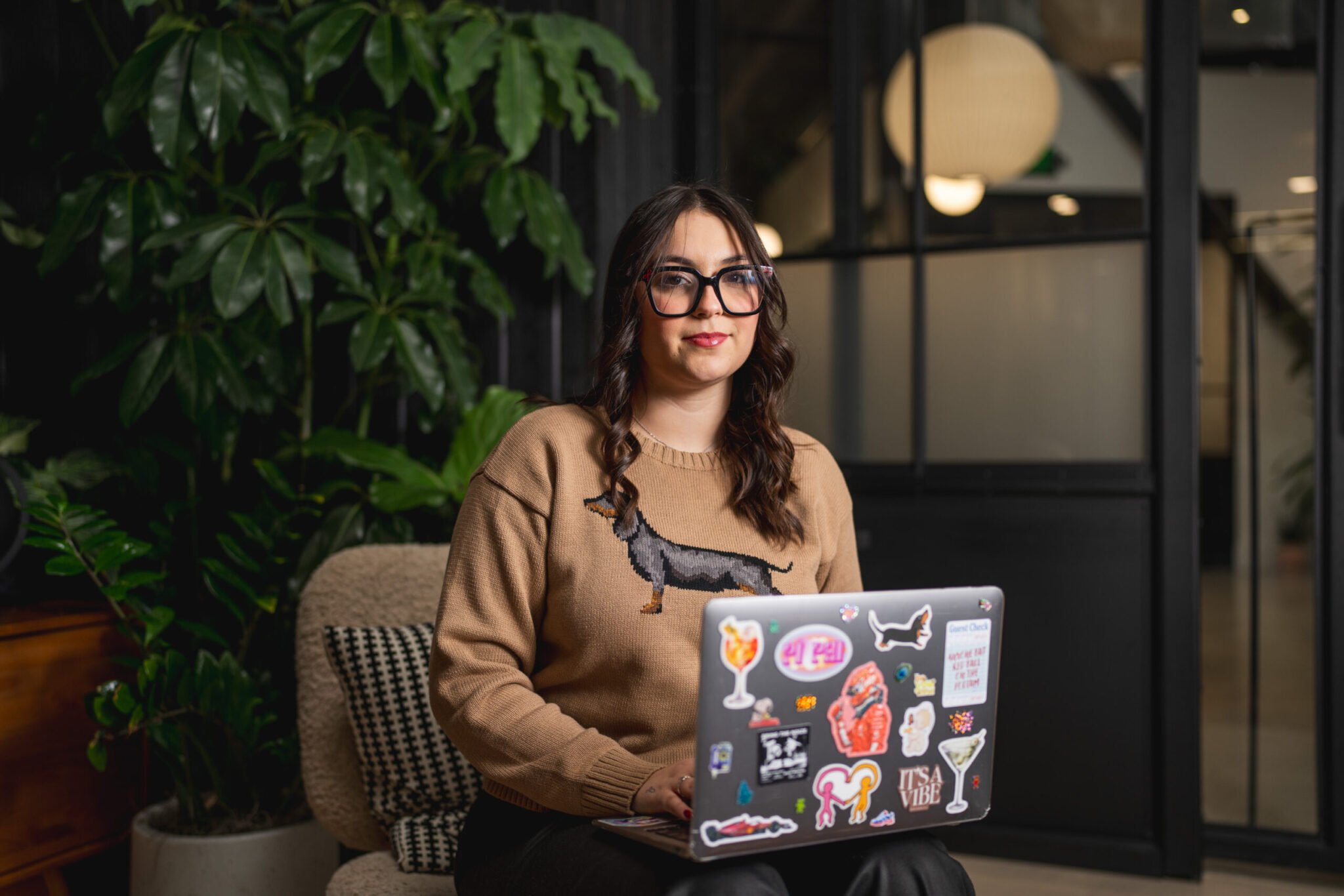
College Students ‘Cautiously Curious’ About AI
MSU’s Virginia Byrne studies the role of technology in education, with a focus on how it impacts college students. In an interview with the States Newsroom, Byrne provides insight on how colleges should be handling AI.
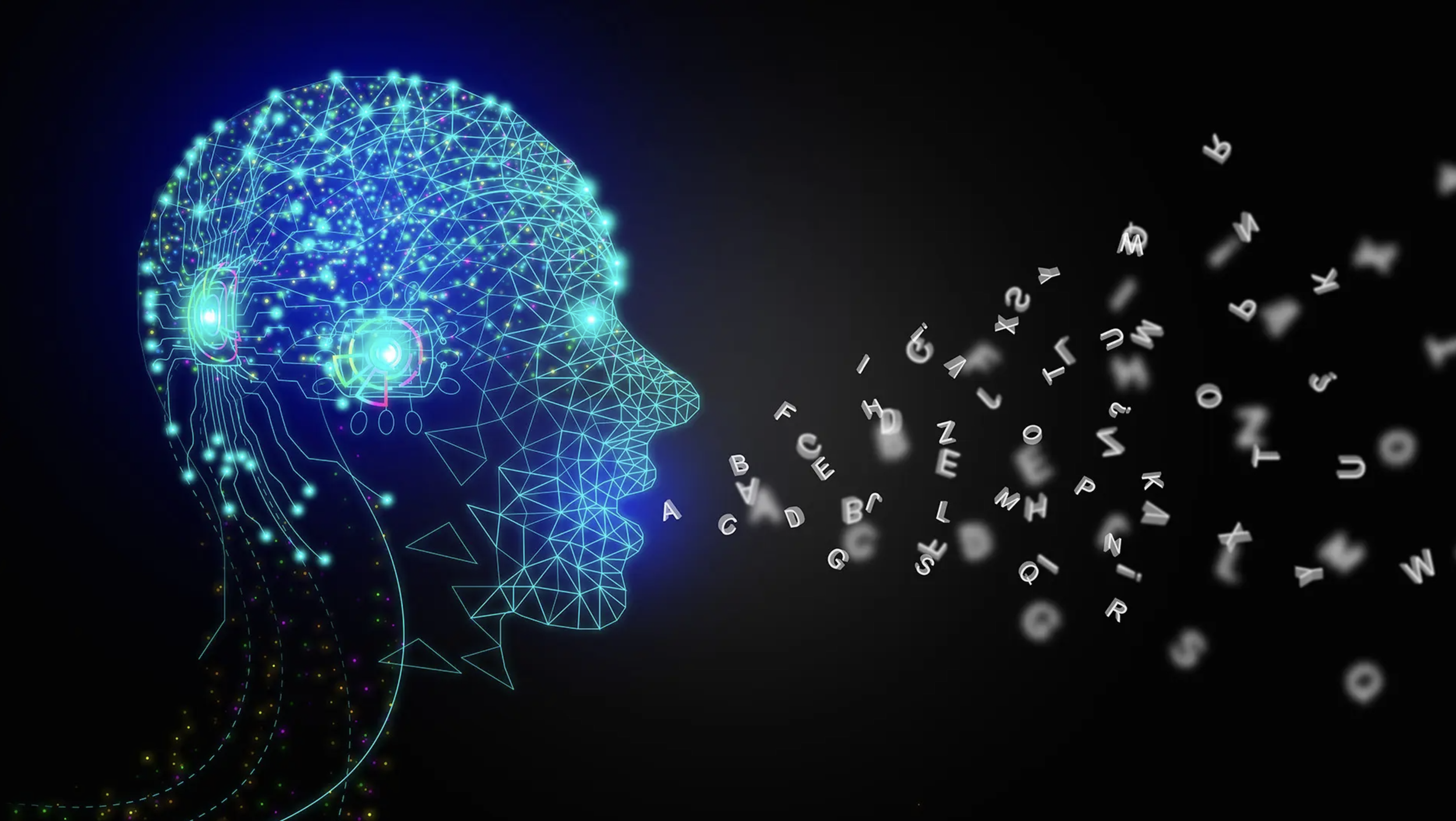
UMD Team Uses AI to Enhance Mnemonic Learning
UMD's Jordan Boyd-Graber is leading the development of an AI-driven mnemonic generator designed to simplify vocabulary learning.
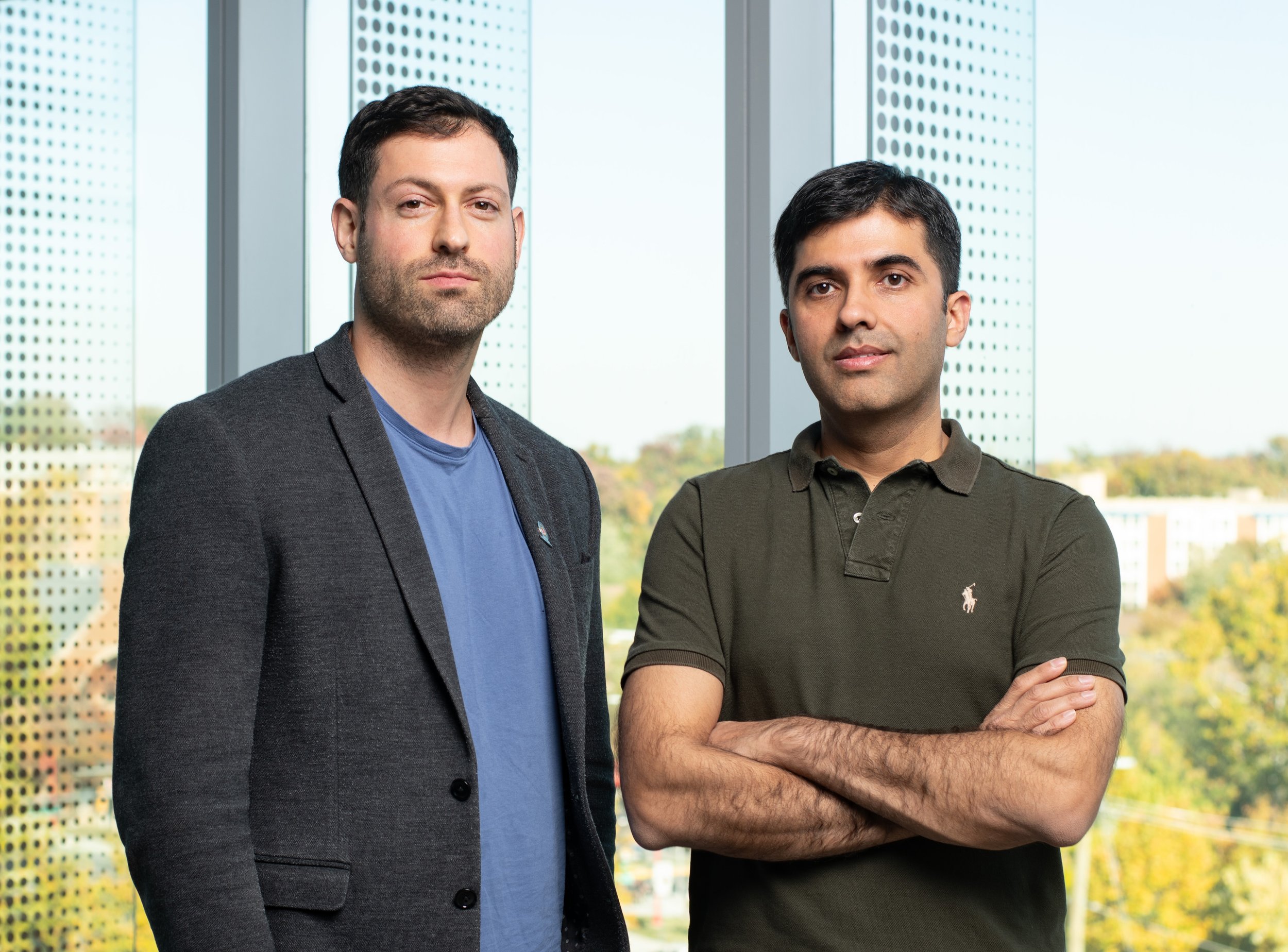
UMIACS Team Aims to Boost High-Performance Computing Software Development Using AI
UMD’s Tom Goldstein is leading a $7 million DOE-funded project to enhance AI-assisted software development for high-performance computing, aiming to improve the effectiveness of large language models in parallel programming and boost developer productivity.
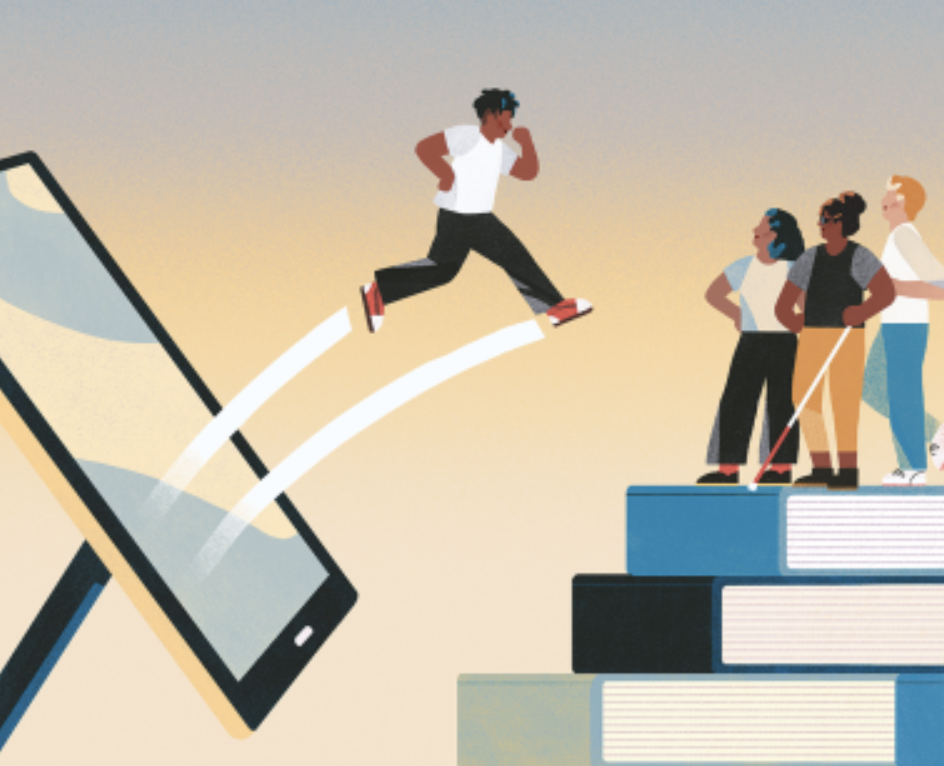
Leveraging Natural Language Processing to Guide Educators
UMD’s Jing Liu is using natural language processing to analyze K-12 math classroom transcripts and provide feedback to help teachers improve, finding that NLP is more effective when combined with human coaching.
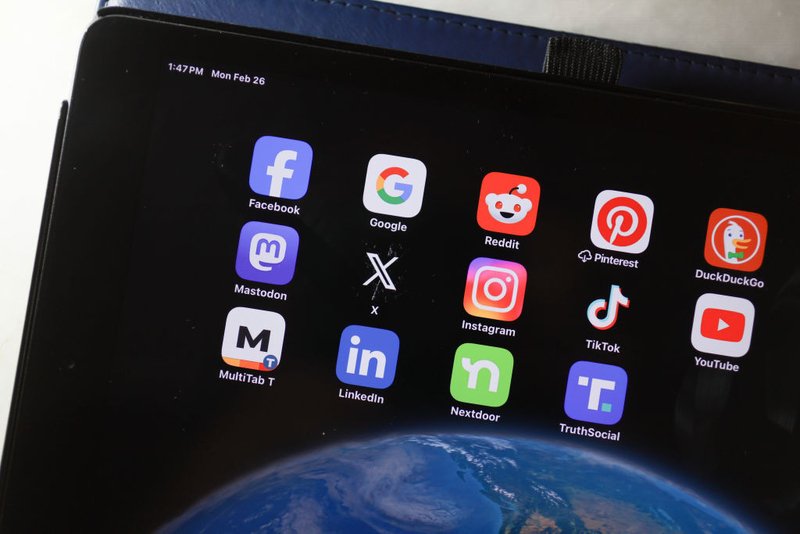
Americans, Anxious About AI’s role in the Election, May Not Know its Full Scope, Expert Says
UMD's Cody Buntain revealed AI's “unseen” role in elections, from shaping social media feeds to fueling echo chambers and enabling targeted ads, in News From the States.
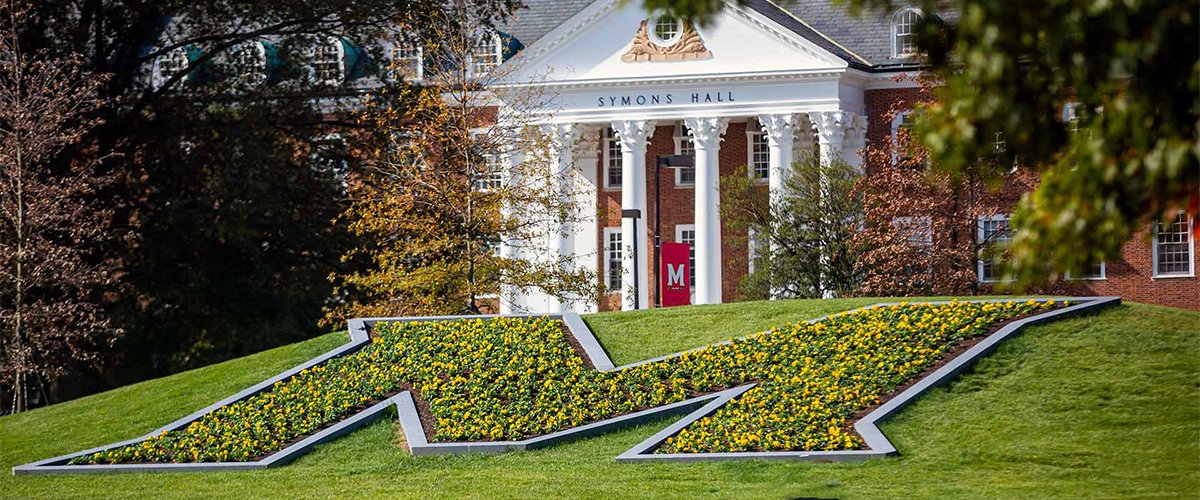
Bridging Code and Conscience: UMD’s Quest for Ethical and Inclusive AI
UMD's Vaishnav Kameswaran spoke with AI News about AI's ethical challenges, particularly its impact on hiring practices and disability inclusion.
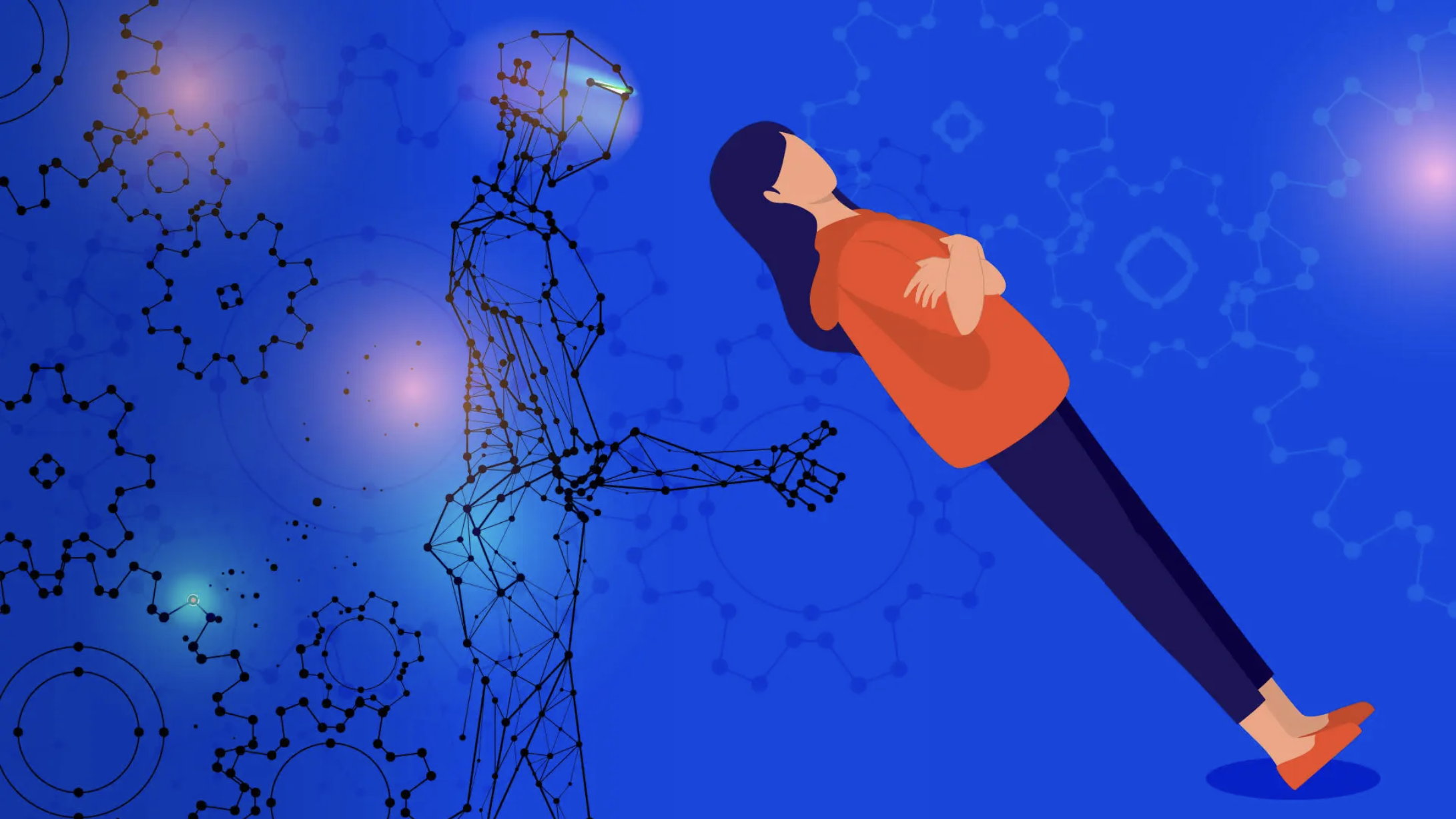
TRAILS Announces Second Round of Seed Funding
Five interdisciplinary projects, funded with seed grants ranging from $115K to $150K apiece, will advance novel AI research and scholarship that can impact education, transportation, emergency preparedness and health care.
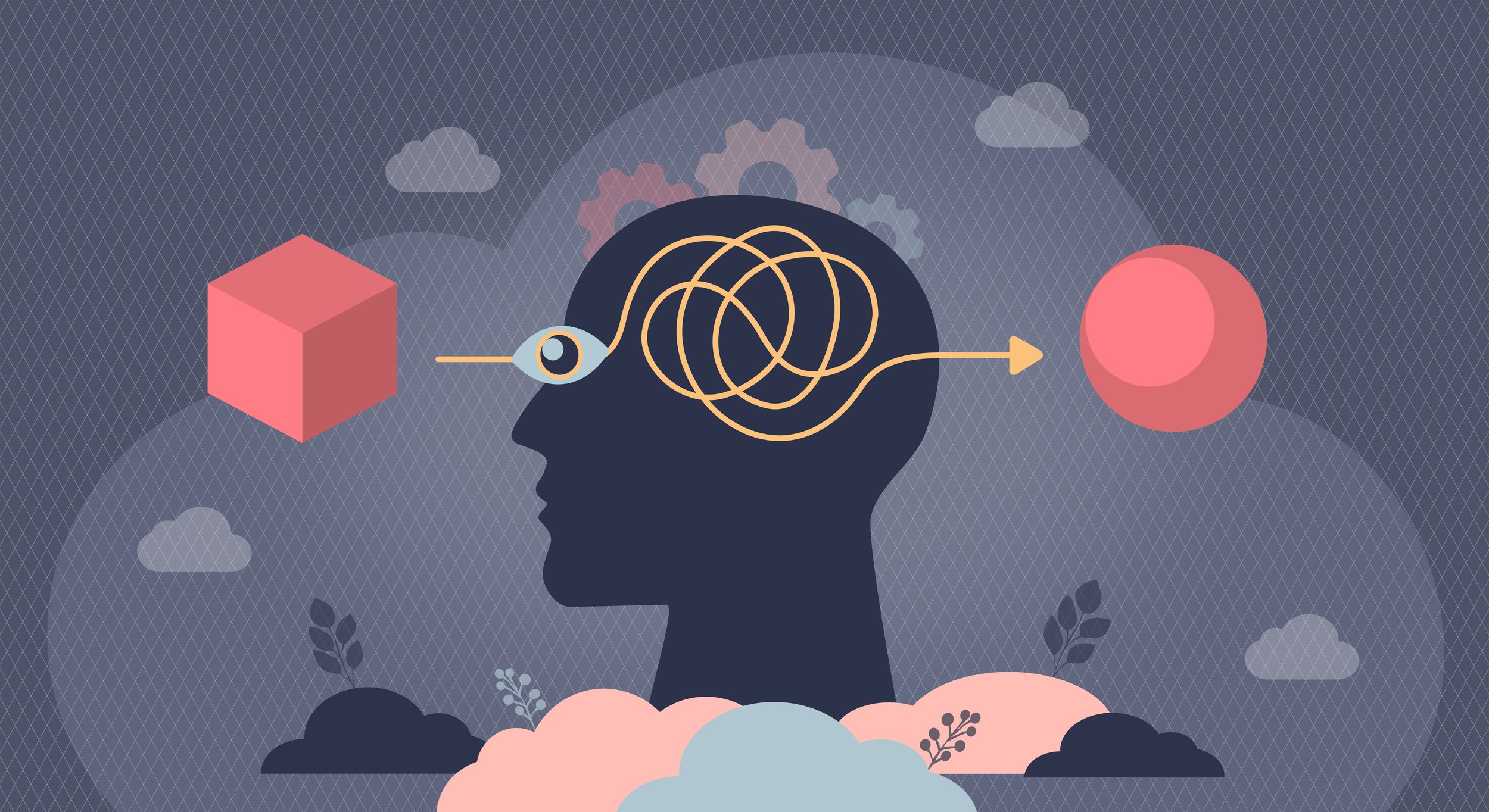
TRAILS Faculty Launch New Study on Perception Bias and AI Systems
UMD’s Michelle Mazurek and GW’s Adam Aviv are conducting a series of studies to determine the level of bias that users expect from AI systems, and how AI providers explain to users that their systems may include biased data.

New Study’s Findings Can Help Communicators Correct Online Misinformation
GW's David Broniatowski led a study showing that clear and simple messaging is crucial in both spreading and combating online misinformation, emphasizing that accurate information presented concisely can effectively reduce the spread of falsehoods.
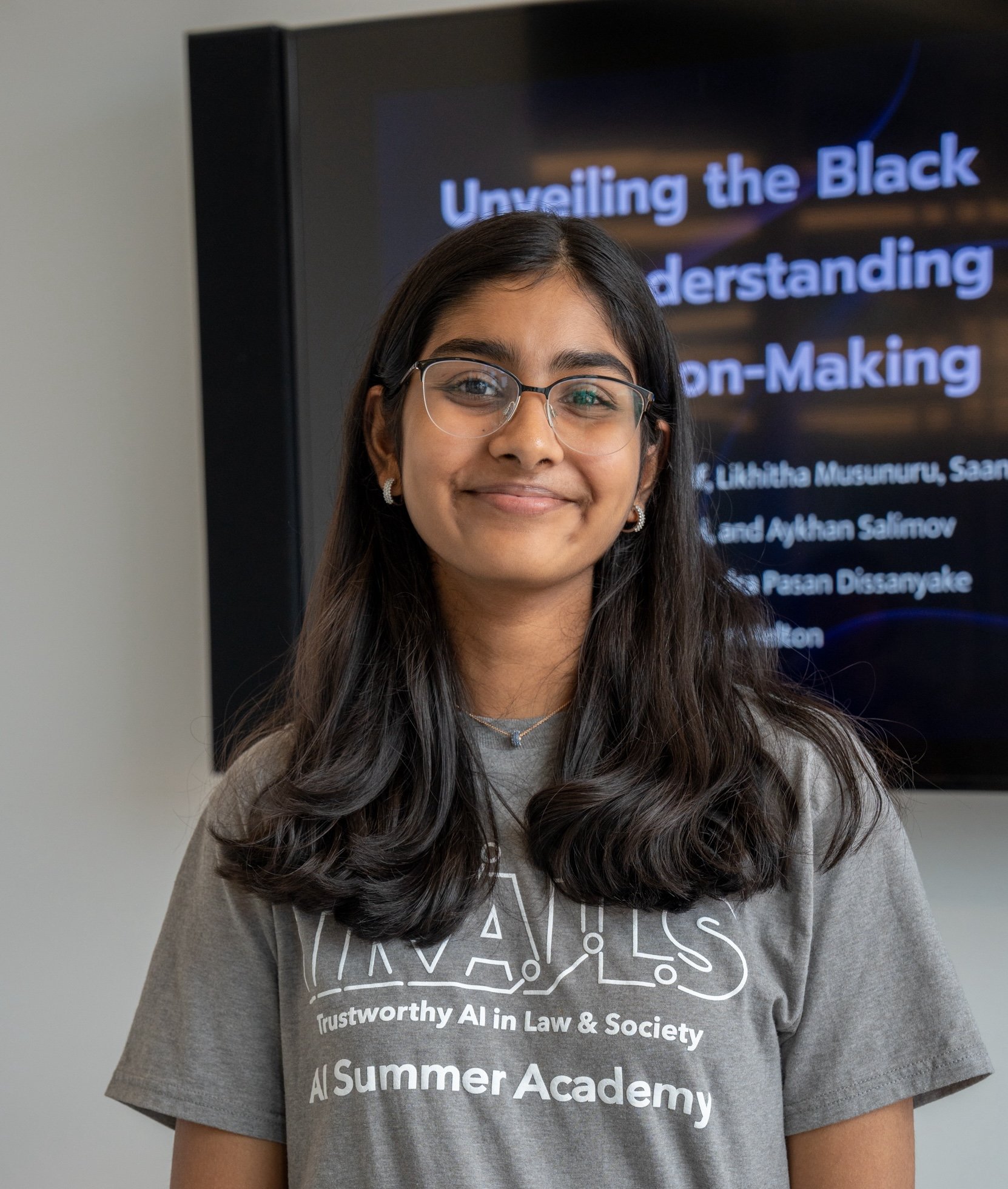
TRAILS AI Summer Academy Empowers Future AI Innovators
The two-week academy featured mentoring from UMD faculty, a field trip to an interactive museum focused on language, and group projects that covered hot topics like neural networks, machine learning and large language models (LLMs).
